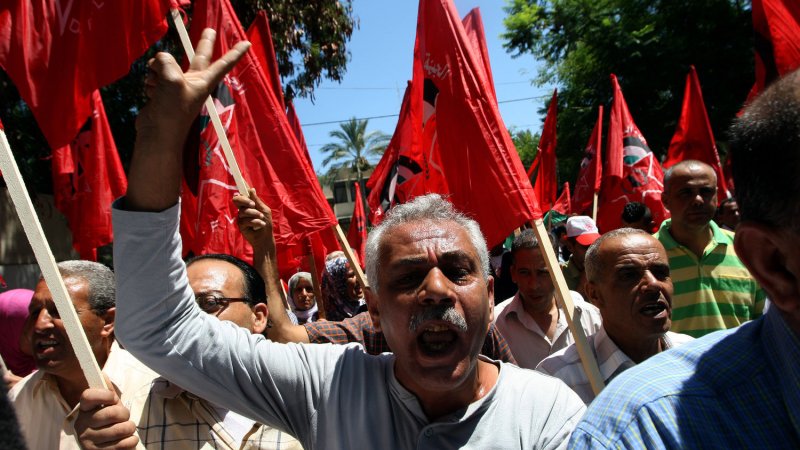RAMALLAH, West Bank, Aug. 13 (UPI) -- While a majority of Palestinians support the resumption of peace talks with Israel, their number has decreased since April, a Palestinian poll indicates.
A poll conducted by Arab World for Research and Development, based in Ramallah, indicated 67 percent of Palestinians support renewed talks if Israel agrees to a settlement freeze, a 9 percent drop from April.















